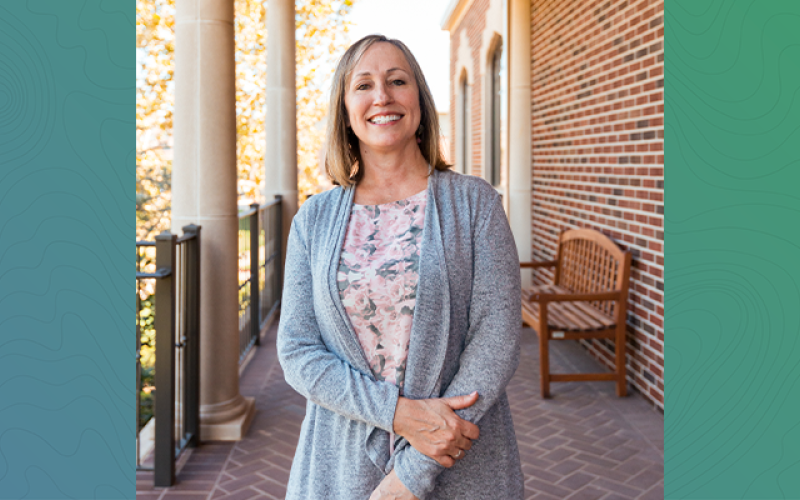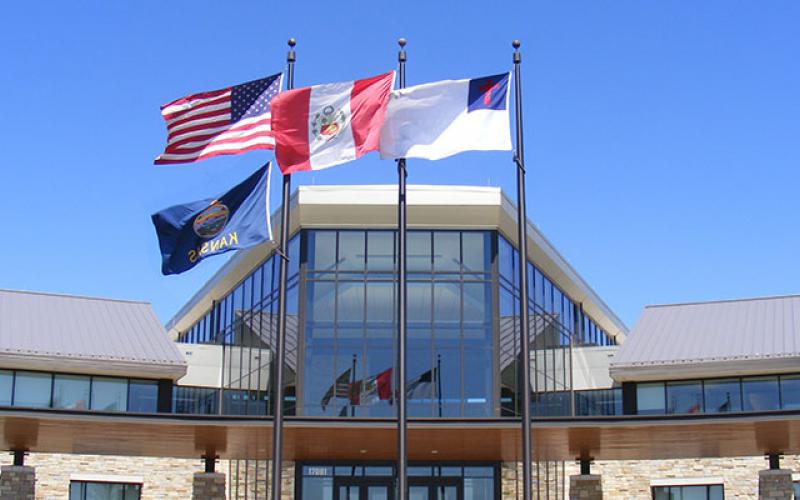
Congregation’s call to missions leads to new churches in Armenia

Hamlet Mkrtchyan had been leading the Nazarene group that he planted in Maralik, Armenia, for 10 years when he realized he had become too comfortable.
“If the church where I’m pastoring is an alive church, it must have some fruits,” Hamlet said. “This church needs to be a mother church and have some missions in other places because we are part of the Great Commission. I was hearing [from God], ‘There is the Great Commission, but you are not doing anything for that.’”
He already knew a little about planting a church. A shoemaker by trade, Hamlet was drawn to pastoral ministry not long after he first gave his life to Christ as an adult. In 2005, he had been attending the Church of the Nazarene in Gyumri, Armenia, for about a year when the congregation began to pray about planting a new church in the city of Maralik.
Hamlet visited the city, where he saw many prostitutes working while their children played unsupervised on the streets.
“I wanted to do something for those kids,” he said. “I didn’t want these girls to grow up and be like their mothers. And God just put in my heart that I need to go in this community. I entered this city, and I just loved it.”
Hamlet frequently visited Maralik. He shared God’s love with the people he met, and when they saw how much Hamlet loved them, they became curious about the gospel.
He started a small group in the city, which grew over time into a thriving congregation. Today, more than 60 people belong to the group, and about 40 adults meet regularly for Sunday worship. The congregation also works with about 80 children a week, and the youth group has more than a dozen regular attendees.
Over the years, some of the children grew up and moved away, but Hamlet continues to disciple them through regular Skype calls.
In 2016, when Hamlet sensed God asking his congregation to plant more small groups, he proceeded with both determination and caution. He would take a small step, then pray and watch to see if God blessed the initiative. Through this process, he continually sought wisdom and input from other leaders and from his congregation.
At first, not everyone in the congregation agreed with the vision to plant other churches. Some said the places they considered starting a small group were impossible to reach and that the people were difficult. Despite the congregation’s fears, Hamlet trusted the leading of God and convinced his congregation to embrace this vision.
The decision about where to plant the first new small group came after he noticed that a regular attendee’s sister would only show up to church occasionally. When he asked her why she didn’t come every Sunday, she said it was too difficult because the roads in her part of the city were in poor condition.
Hamlet told her they should pray for the government to improve the roads, but the woman admitted this seemed like a strange thing to pray for.
“So, in front of the church, I just said, ‘I’m proclaiming for the roads to be done, and if one day your roads will be good enough, this will be our sign that God wants to have a church in your community,’” Hamlet said.
Time passed, and eventually, Hamlet forgot about his bold and confident public prayer. Then, about 18 months later, some of the church members approached him.
“Do you remember you prayed for the roads?” they said. “Did you know they [fixed] the roads? Now we have nice roads. Do you think it’s time to do the next step?”
The first time he visited the woman’s community and saw the new roads, he was speechless. He understood that God had taken his prayer seriously, and now it was the congregation’s turn to follow through on his promise.
The church sent members to begin the small group, starting with the woman who lived in that community. Within a year, the group was stable and growing.
Some of the church members also planted a small group in the city of Dzitenkov.
“All the church is involved in these missions, because every time [I visit a new city] I take different people with me,” Hamlet said. “I spread the vision to all the church, and the whole church has this vision to go to these places.”
Recently, Hamlet attended a small group discipleship training, where he learned new ideas and ways of thinking about small groups and discipleship.
“Now, I am thinking and dreaming that each member in my church should have his or her own small group,” he said. “Not to preach, but just to communicate once a week. Invite [at least one person] to your home and have a relationship, discussions, coffee, and listen to them.”
He’s already challenged his congregation to try this. Those who have taken the challenge excitedly report to him each Sunday the stories of their interactions with people during the week. Now, the congregation is praying that each member’s one disciple will gradually grow into many disciples.
“We will [use these small groups to] multiply in this way,” he said.
Today, Hamlet is not the only church planter in his family. His daughter, Lamara, and her husband, Armen, are leading a new Nazarene church in Gyumri, where their family’s spiritual journey began. They hope to continually grow their congregation through discipleship ministries, just like Hamlet’s church.



